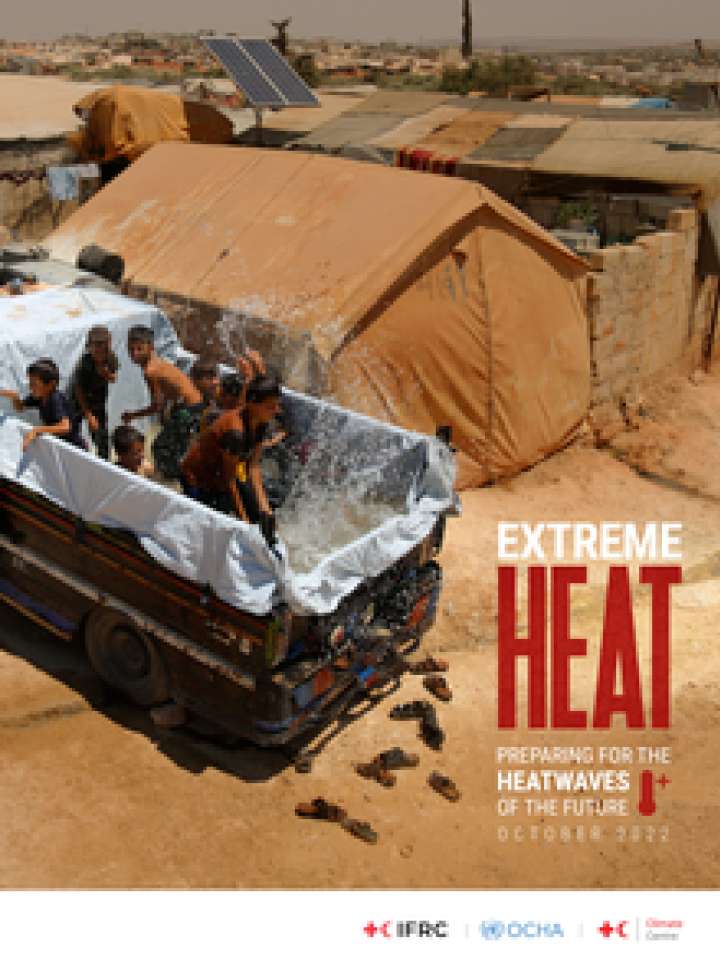Extreme heat: preparing for the heatwaves of the future
This report offers concrete steps that humanitarians and decision-makers can take to mitigate extreme heat's worst effects. It notes that in the coming decades, heatwaves are predicted to meet and exceed human physiological and social limits in regions such as the Sahel, the Horn of Africa and South and South-West Asia. Extreme heatwaves in these regions would result in large-scale suffering and loss of life, population movements and further entrenched inequality. The report also finds that, although the impacts of extreme heat are global, some people are hit harder than others.
Building on a growing body of knowledge and good practice around early warning, anticipatory action and response systems to heatwaves, the report suggests the following five key steps to help the most vulnerable people:
- Provide early information on heat waves to help people and authorities take timely action.
- Support preparedness and expand anticipatory action, especially by local actors, often the first responders in emergencies.
- Find new and more sustainable ways of financing local action.
- Adapt humanitarian response to accelerating extreme heat.
- Strengthen engagement across the humanitarian, development, and climate spheres.
Explore further
